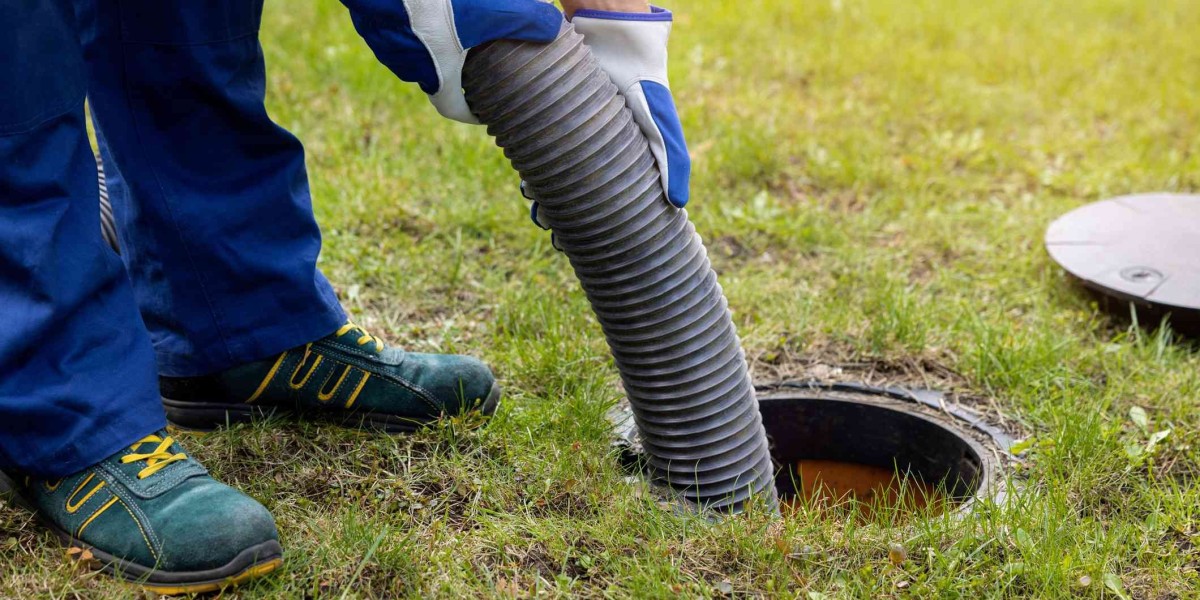Septic systems are a vital part of many homes, silently treating wastewater and keeping things running smoothly. But like any system, they require maintenance to function properly. That's where septic tank pumping
What is Septic Tank Pumping?
A septic tank is a large underground chamber where wastewater from your home flows. Solids settle at the bottom as sludge, while lighter materials like fats and oils form a scum layer on top. The remaining liquid, called effluent, flows out to a drainfield for further treatment.
Septic tank pumping involves removing the accumulated sludge and scum from the tank. This prevents them from overflowing into the drainfield, which can clog it and lead to sewage backups in your home.
How Often Should I Pump My Septic Tank?
The frequency of pumping depends on several factors, including:
Household size: More people means more wastewater.
Wastewater volume: Garbage disposals and high water usage can increase the solids load.
Septic tank size: Larger tanks hold more waste and require less frequent pumping.
A general rule of thumb is to pump your septic tank every 3-5 years. However, it's important to have your system inspected by a professional every 1-2 years. They can assess the sludge and scum levels and advise you on the optimal pumping schedule for your specific needs.
Signs You Might Need Septic Tank Pumping
Here are some indicators that your septic tank might be due for pumping:
Slow drains: This can be a sign that the drainfield is clogged with solids from a full septic tank.
Sewage odors: If you notice sewage smells around your house or drainfield, it could be a sign of a backup.
Soggy or overly green drainfield: This can indicate that the effluent isn't draining properly due to a clogged drainfield.
The Septic Tank Pumping Process
A septic tank pumping service will use a vacuum truck to remove the sludge and scum from your tank. The process typically takes 30-60 minutes and is relatively painless for the homeowner.
Who Should Pump My Septic Tank?
It's crucial to hire a licensed and insured septic tank pumping professional. They have the training and equipment to handle the job safely and dispose of the waste properly.
Maintaining Your Septic System
Regular pumping is essential for septic system health, but there are other things you can do to keep things running smoothly:
Avoid putting grease, oil, or harsh chemicals down the drain. These can harm the bacteria that break down waste in your septic tank.
Don't overload your system with excessive water usage. Take shorter showers and spread out laundry loads.
Have a professional inspect your system regularly. They can identify potential problems early on and prevent costly repairs.
By following these tips and scheduling regular septic tank pumping, you can ensure your septic system functions efficiently for years to come.








